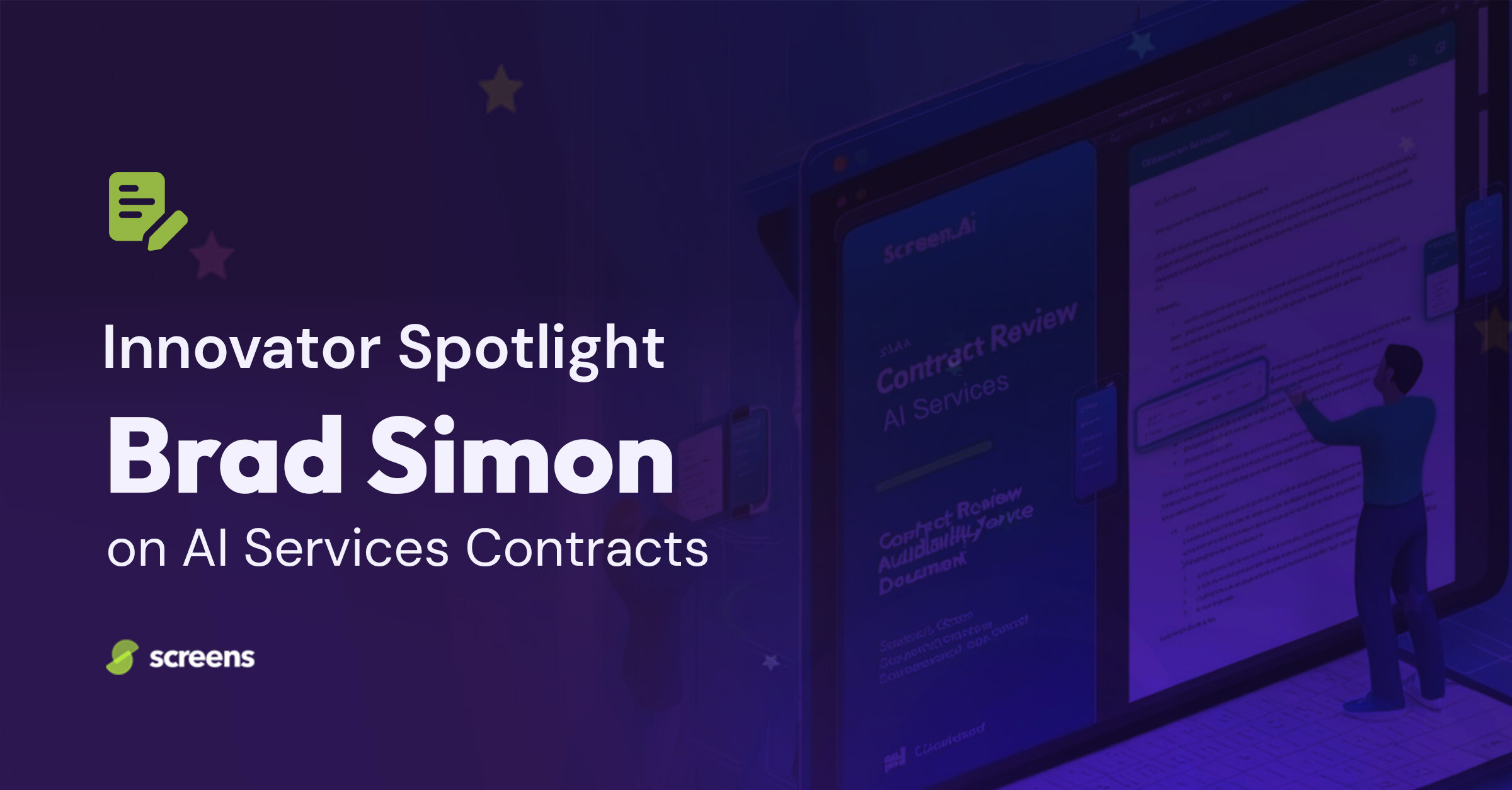From Anthropology to AI-Powered Legal Innovation

A Unique Path to Law
Brad Simon's journey to becoming a lawyer is as unique as his approach to legal technology. Growing up in the 1980s with a passion for video games and computer programming, Brad's early interests foreshadowed his future at the intersection of law and technology. Despite his tech-savvy background, Brad initially pursued anthropology in college and graduate school before attending law school at Berkeley. His fascination with the legal world began early, influenced by his father and grandfather, both lawyers.
As a teenager, he found himself intrigued by a copyright lawsuit involving KC Munchkin, a Pac-Man clone for the Odyssey² gaming system. Brad recalls, "I was 13 or 14 at the time, but even back then I was interested and thought it was fascinating." This early exposure to intellectual property disputes in the video game industry not only piqued his interest in copyright law but also foreshadowed his future career at the intersection of technology and legal matters.
Evolving Attitudes Towards AI
Brad's fascination with AI began in his youth, sparked by early natural language processing programs like ELIZA. This childhood interest blossomed into a full-fledged passion with the advent of more sophisticated AI technologies. The release of ChatGPT reignited Brad's enthusiasm, propelling him to dive deep into AI's potential applications in the legal realm.
With the excitement of a tech enthusiast and the pragmatism of a seasoned lawyer, Brad embraces AI as a powerful ally in legal practice. He emphasizes, "AI is not meant to replace lawyers but to enhance their efficiency and accuracy." This philosophy guided his exploration of various AI tools for legal use cases, ultimately leading him to discover Screens. The platform's ability to streamline contract reviews resonated with Brad's vision of AI-augmented legal work, where technology enhances rather than replaces human expertise.
The Crucial Role of AI Services Contracts
In an era where AI is reshaping industries, the significance of well-crafted AI services contracts cannot be overstated. These agreements serve as the foundation for protecting intellectual property, ensuring data privacy, and defining the boundaries of AI usage. Specifically, Brad emphasizes "there's no AI deal where you wouldn't need to know and understand how inputs and outputs are treated.” Key areas of focus include:
- Treatment of input data (privacy, confidentiality, IP)
- Handling of outputs (ownership rights, usage permissions)
- Data privacy compliance
- Confidentiality measures
- Intellectual property rights
The stakes are high for businesses integrating AI services. Inadequately addressing these areas can lead to a cascade of risks, from breaches of contract to privacy violations and IP infringement. Brad warns, "Someone might assume they own the outputs because that's the approach of OpenAI, but that's not the approach of every gen AI vendor”. A well-structured AI services contract isn't just a legal formality—it's a critical safeguard for innovation and business integrity.
Creating a Contract Playbook using Screens
Brad's approach to creating his own custom screen was methodical and iterative, focusing on the specific needs of his clients and the unique challenges posed by AI contracts. "Once the screen is created, it's a super efficient way to review an agreement." He emphasizes the tool's ability to overcome initial hurdles in contract review, noting, "it makes procrastination go away. It makes the pain point of getting started disappear, which is huge."
One of the most powerful aspects of Screens, according to Brad, is its auditability. "I can click to verify exactly what part of the contract Screens is referring to with a given answer”. This feature allows Brad to quickly verify the AI's interpretations, maintaining the crucial balance between efficiency and accuracy in legal work. The systematic review process also ensures that no critical issues are overlooked, a common concern when manually reviewing lengthy and complex agreements.
Brad Simon's journey from an anthropology student to an AI-savvy lawyer demonstrates the evolving nature of legal practice. His experience with Screens showcases how embracing innovative tools can enhance legal work, making it more efficient and effective without compromising the crucial role of human expertise and oversight. As law firms and in-house legal teams navigate the complexities of AI services contracts, Brad’s insights serve as a valuable guide for leveraging technology in legal practice.
To learn more about Brad and his expertise on SaaS agreements for generative AI services, visit his website, connect with him on LinkedIn, and check out his screen, Generative AI: Must-Knows for Customers, in the Screens Community.




